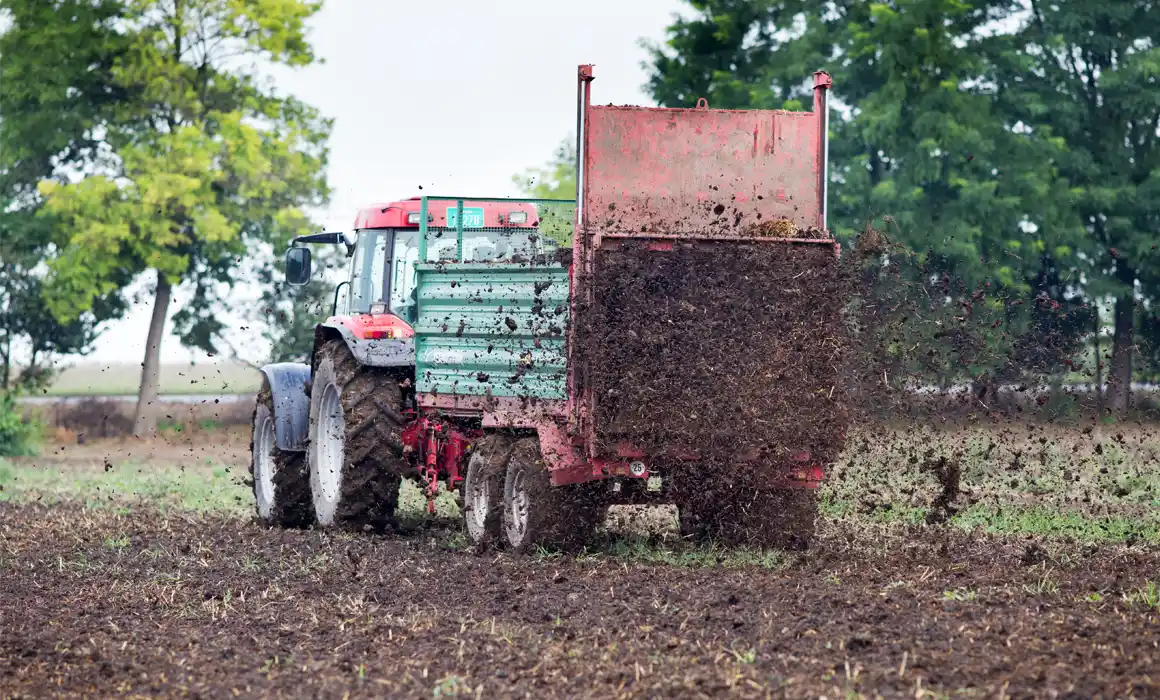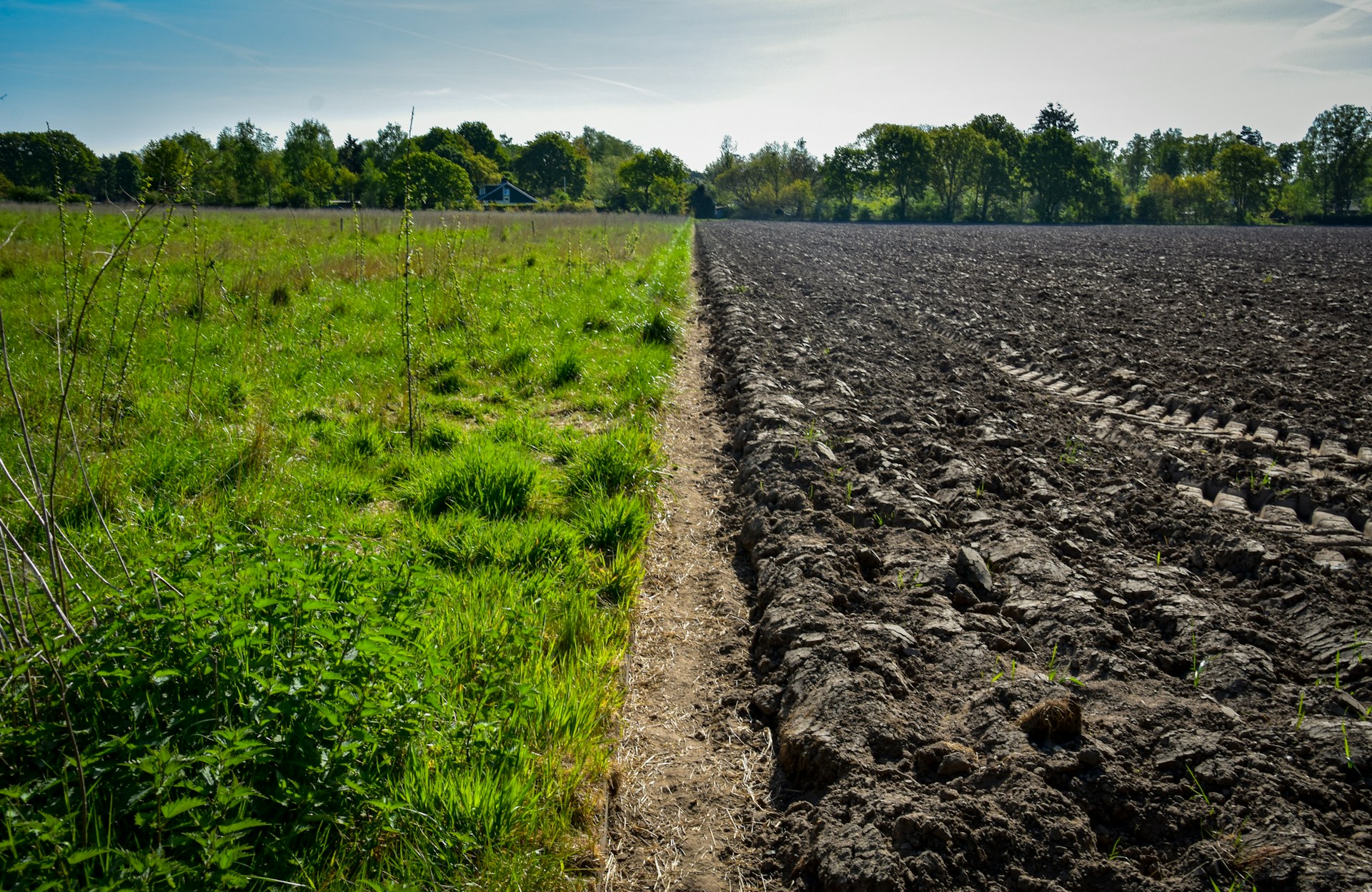As sustainable farming practices gain importance, biochar for soil has become an essential tool for improving soil health and boosting crop productivity. Made from organic materials such as forest wood waste, biochar is a charcoal-like substance that provides numerous benefits for both soil and plants. In this article, we explore how biochar works and its positive impact on soil health and plant growth, as well as the role of soil inoculants in enhancing its effectiveness.
What is Biochar?
Biochar is created by heating organic materials in an oxygen-limited environment at high temperatures, a process called pyrolysis. This results in a stable, carbon-rich material that retains over 80% of the original carbon from the biomass. Biochar’s porous structure allows it to retain water, nutrients, and support beneficial soil microbes, making it an ideal soil amendment.
Key Benefits of Biochar for Soil Health
- Improves Soil Structure
Biochar improves soil aeration and water retention by creating a more porous soil structure. This reduces soil bulk density, especially in compacted soils, allowing plant roots to penetrate more easily. For clay-heavy or waterlogged soils, biochar can improve drainage and prevent root damage from excess moisture.
- Boosts Nutrient Availability
Biochar acts as a nutrient reservoir, storing vital nutrients like nitrogen, phosphorus, and potassium. It helps prevent nutrient leaching, particularly in sandy and acidic soils, and increases the cation exchange capacity (CEC), allowing soil to retain and exchange nutrients more efficiently. Biochar ensures consistent nutrient access for plants, while reducing the need for chemical fertilizers.
- Enhances Water Retention and Drought Resistance
Biochar increases the soil’s water-holding capacity, making it especially beneficial in dry or drought-prone areas. It reduces the need for frequent irrigation and boosts plant drought resistance, enabling crops to thrive during periods of water stress.
- Sequesters Carbon and Reduces Greenhouse Gas Emissions
Biochar locks carbon in the soil for hundreds or even thousands of years, helping mitigate climate change. It can also reduce greenhouse gas emissions such as carbon dioxide, methane, and nitrous oxide from wet soils, particularly in waterlogged areas.
- Supports Soil Microbial Activity
Biochar provides a habitat for beneficial soil microbes, including mycorrhizal fungi, which are crucial for nutrient cycling and plant growth. The increased microbial diversity promoted by biochar supports a healthier soil ecosystem, improving soil fertility and root health. Soil inoculants containing beneficial microbes can further enhance biochar’s positive effects by increasing microbial populations in the soil.
- Reduces Soil Toxicity
Biochar can bind to heavy metals such as lead, mercury, and cadmium, making them less available to plants. This helps detoxify contaminated soils and improves overall soil health, which is especially useful in polluted or industrially affected areas.
- Prevents Soil Erosion
By improving soil aggregation, biochar helps prevent erosion and runoff. This is particularly beneficial for soils prone to erosion, helping retain valuable topsoil and maintain healthy growing conditions.
How Biochar Affects Plant Growth
- Improves Root Health
Biochar encourages stronger, deeper root systems, which can increase root biomass and root length by up to 50%. This allows plants to access water and nutrients more effectively, resulting in healthier plants.
- Increases Crop Yields
By improving soil health, water retention, and nutrient availability, biochar can increase crop yields by up to 10%. It is an effective tool for farmers looking to sustainably maximize their harvests.
- Enhances Plant Disease Resistance
The healthier soil ecosystems promoted by biochar enhance plant disease resistance. Beneficial microbes in biochar can help suppress harmful pathogens, reducing the likelihood of plant diseases and pests.
Best Practices for Biochar Application
The recommended application rate of biochar for soil is typically between 2-10% by mass of the soil, however, the ideal amount depends on factors like:
- Soil type (sandy, clay, or loamy)
- Soil pH (biochar increases soil alkalinity, so be mindful for pH-sensitive crops)
- Nutrient content (soils with more organic matter may require less biochar)
- Climate (biochar is especially beneficial in dry or drought-prone areas)
- Crop type (different crops have varying nutrient requirements)
For optimal results, it is recommended to conduct soil tests before applying biochar to determine the appropriate amount for your specific soil and conditions. Combining biochar with soil inoculants can further boost soil microbial activity, enhancing the benefits for soil health.
Conclusion: A Sustainable Solution for Healthier Soils
Biochar is an effective tool for improving soil health, enhancing crop growth, and minimizing environmental impact. By improving soil structure, boosting water and nutrient retention, and supporting microbial activity, biochar helps create healthier, more productive soils. Whether you’re a farmer aiming to increase yields or a gardener looking to improve soil fertility, biochar offers a sustainable solution for building more resilient soils.





